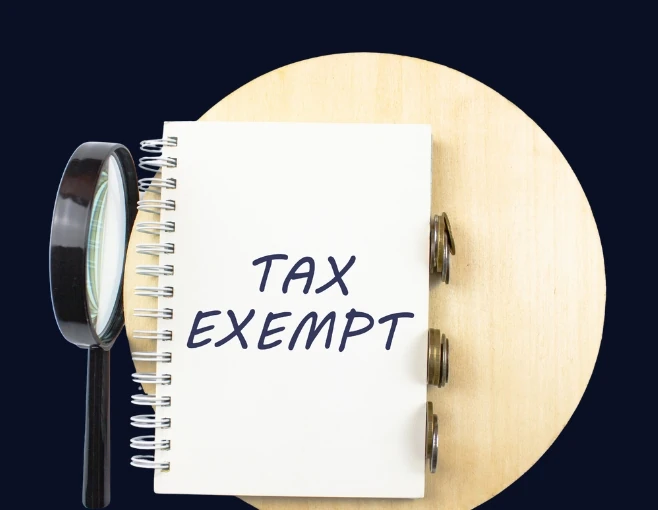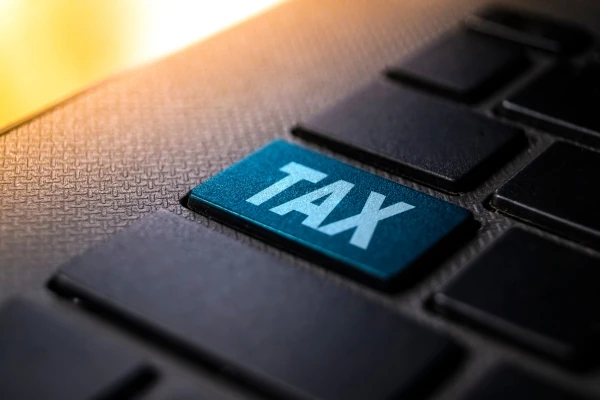Making Tax Digital (MTD) is now mandatory for most VAT-registered businesses and will soon apply to self-employed individuals and landlords. However, in certain circumstances, HMRC allows MTD exemptions or deferrals meaning you may not have to comply.
What Is an MTD Exemption?
An MTD exemption is when HMRC formally confirms that you do not need to comply with Making Tax Digital (MTD) requirements for VAT or Income Tax.
Exemptions are only granted in specific circumstances and must be applied for directly with HMRC. You cannot simply decide not to follow the rules you must receive official approval before being treated as exempt.
Who Can Qualify for an MTD Exemption?
HMRC only grants exemptions in specific circumstances. These generally fall into three categories:
Digital Exclusion
If it is not reasonably practical for you to use digital tools, you may qualify for exemption. This can include:
- Age – where it prevents you from using technology.
- Disability – if it makes digital record-keeping impractical.
- Remote location – with no reliable internet access.
- Serious IT limitations – where access to equipment or skills is not feasible.
This is often referred to as digital exclusion and is the most common reason for exemption.
Religious Grounds
If your religious beliefs prevent you from using computers or the internet (for example, in communities that avoid modern technology), HMRC may grant an exemption.
- You will need to provide a written explanation when applying.
Other Exceptional Circumstances
In rare or temporary situations, HMRC may agree to an exemption or deferral. Examples include:
- Temporary illness or emergency that prevents digital filing.
- Administrative or legal barriers specific to your situation.
In these cases, HMRC may allow a temporary deferral rather than a full exemption.









